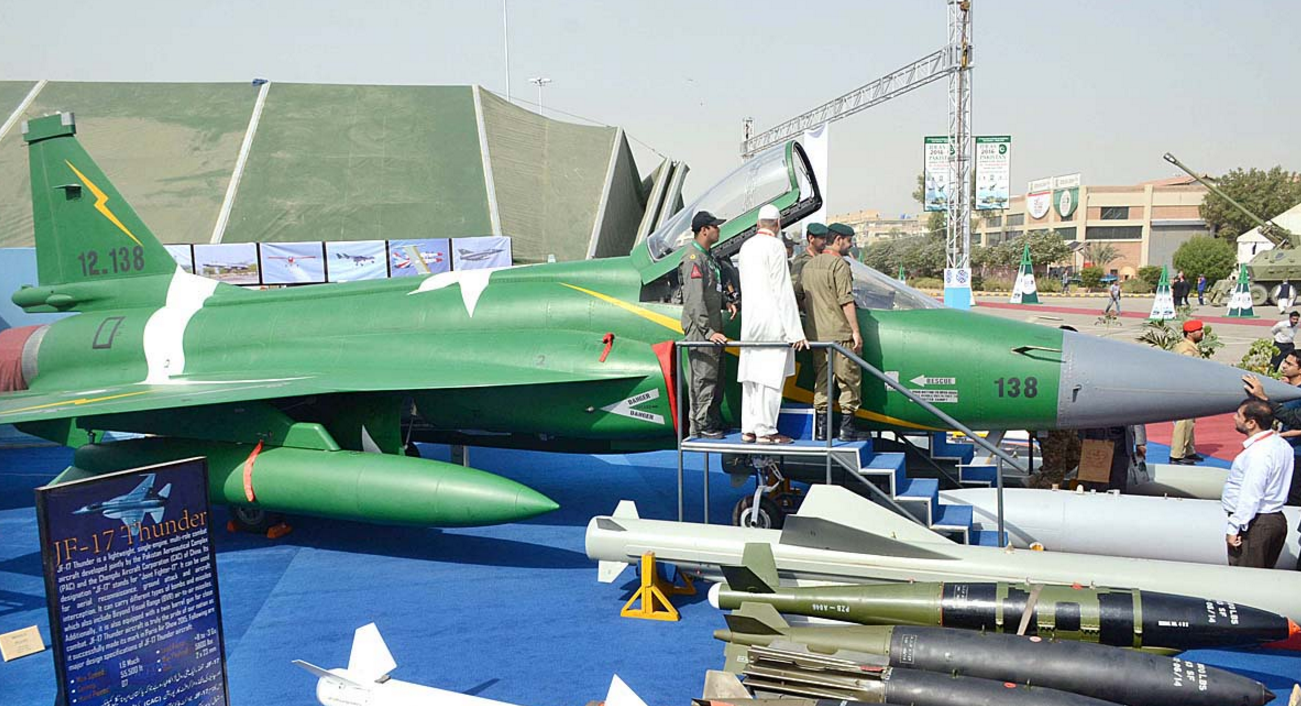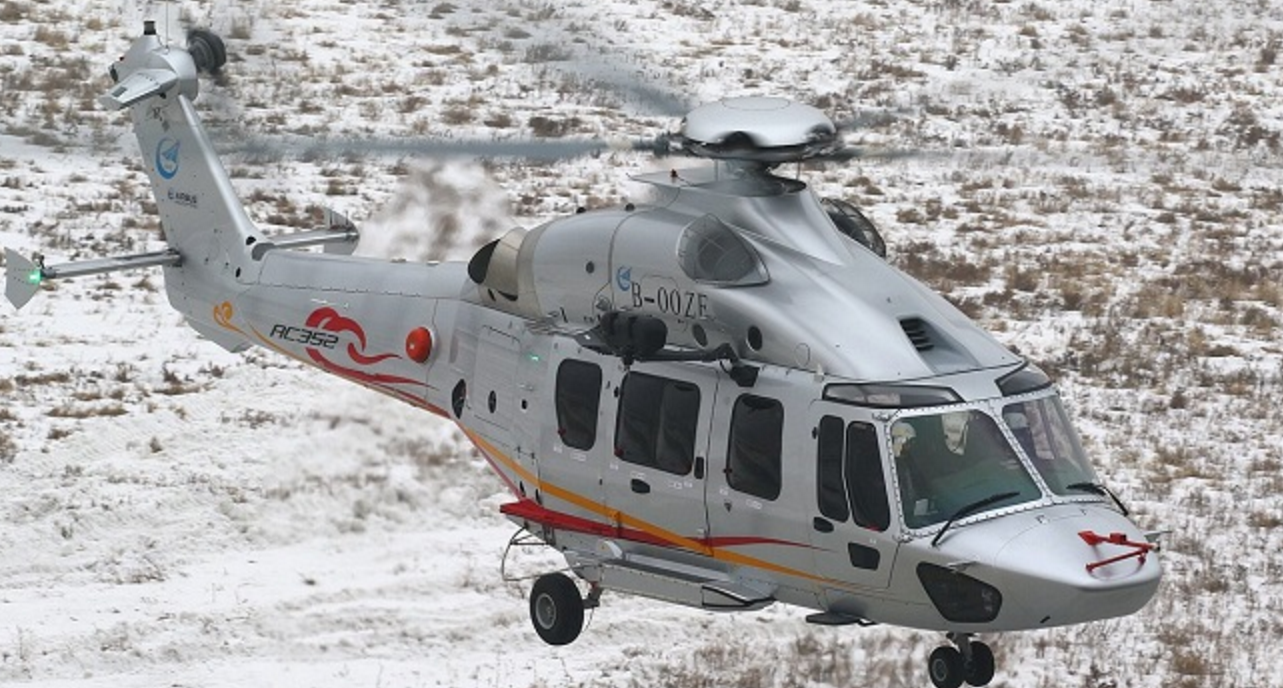2318Views 3Comments

Pakistan Air Force leadership invites private sector to invest aviation ventures
Speaking to the Islamabad Chamber of Commerce and Industry (ICCI), the Pakistan Air Force’s (PAF) Chief of Staff (CAS) Air Chief Marshal (ACM) Sohail Aman urged the Pakistani private sector to invest in aviation ventures. ACM Aman stated that the PAF was already sourcing some parts for the JF-17 Thunder from the private sector, but urged the domestic industry to expand its footprint so that Pakistan can further its goal of making substantive savings on its foreign exchange outflows (Pakistan Observer).
The PAF CAS also expressed his belief that the China Pakistan Economic Corridor (CPEC) presented many opportunities for the economy and urged the private sector to establish manufacturing units in CPEC Special Economic Zones (SEZ) to meet domestic aviation demands (The News International).
Notes & Comments:
Air Marshal Arshad Malik, the Chairman of Pakistan Aeronautical Complex (PAC), had made an identical call at the ICCI almost a year ago in November 2016. Interestingly, Malik had noted that PAC will engage with the private sector to source ‘non-technical’ components, such as rubber, cables, paint, batteries and the like, for the JF-17 Thunder. This seems to have taken place in 2016-2017.
The PAF’s call is now shifting to desiring support of more marquee programs. In fact, the CAS seems to have strongly implied that the PAF will begin opening its more complex or higher-value requirements to the local private sector. The intent is to table business opportunities to spur investment, which could (in the PAF’s hopes) be linked to Kamra Aviation City, which (via Air University’s Kamra Campus) is directed to raise the requisite human resources to support these business ventures.
In his inauguration speech for Kamra Aviation City, Aman stated, “…the plan of Aviation City has [the] sponsorship of the Government of Pakistan for including the country’s industry as a downstream body … This is our dream to let Pakistan’s aviation industry grow and thus support the country’s economy.” The implication was that the PAF’s requirements could fuel investment in airframe subassembly and electronic subsystems manufacturing in the private sector. In turn, these businesses can hire from Kamra.
However, if the CAS’ call is for greater civil aviation investment, then it is unclear if the private sector will engage without leading action from the PAF. Ultimately, most aviation work is carried out by the PAF, with Pakistan International Airlines (PIA) following it. These nationally-owned entities would provide the most scale for most platforms, especially civil platforms such as airliners and commuter aircraft. Seeing the PAF take the lead in bringing a civil aircraft program to Pakistan, especially with firm orders at launch, may be a necessary ingredient to drawing private sector engagement (and spur a public-private partnership).



3 Comments
by Abdul Basit Iqbal
Sir Bilal, I am a very close follower of your articles. I’ve observed u r writing much about indigenization of Army and PAF. Request kindly shed some light on efforts of PN.
by taimurS
Public private partnership is vital.It would be good if the strategy is devised to pool in from small investors i.e; from Rs 1 million to Rs10 million investors. That can be done through Stock market listing just in the lines of Lockheed Martin, BAE or Northrop Grumman etc.
by Bilal Khan
They’re a few months old, but are basically the latest in terms of available info:
http://quwa.org/2017/07/02/pakistans-ksew-inks-contract-tts-group-syncrolift-ship-lift-transfer-system/
http://quwa.org/2017/06/12/pakistan-orders-offshore-patrol-vessel-netherlands-damen/
http://quwa.org/2017/05/23/pakistan-mini-submarines/